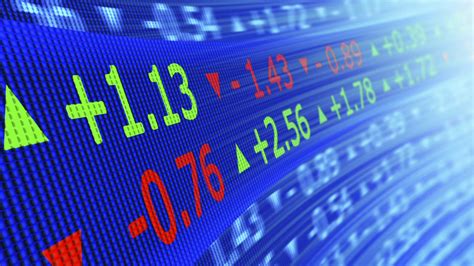The power of trading psychology in the cryptocurrency -trade
In the world of cryptocurrency trade, emotions play a significant role. Fear, greed, and impulsive decisions can lead to devastating losses or spectacular profits. However, with the right way of thinking and strategies, merchants can take advantage of the power of psychology to make better decisions and achieve their financial goals. In this article, we examine how trading psychology can help the success of cryptocurrency markets.
Understanding Trading Psychology
Trading psychology includes emotions, thoughts, and behavior that influence the individual’s decision -making process by buying and selling tools, including cryptocurrencies. It is a complex area that requires self -consciousness, discipline and deep understanding of human nature.
Four stages of emotional decision -making
If you face trading or loss, individuals usually fall into one of the four stages:
- Fear : Fear may cause merchants to overreact and are based on emotions rather than analysis.
- greed : In contrast, due to excessive optimism, merchants ignore risks and make reckless bets.
- Doubt : Inactivity or indecision may come from the uncertainty of the direction of the market or the uncertainty of the power of a particular device.
- Trust : Trust allows merchants to take bold actions so they are more likely to succeed in their trading aspirations.
The role of expectations in psychology

Waiting plays a significant role in shaping our behavior and decisions. If we believe that an investment will perform well, we will be more likely to invest, while the losses of losses make us more cautious. Here are psychological principles such as fixing, confirmation distortion and loss of loss.
* Anchor : We tend to rely on the initial value of security before taking into account its possible future performance.
* Confirmation Distortion : We are more likely to focus on information that supports our expectations and ignores contradictory data.
* Loss Aversion : The fear of losing more than we already invest, makes us minimize losses, even if this is a sacrifice of profits.
How to apply trading psychology in the cryptocurrency trade
By understanding four stages of emotional decision -making and taking advantage of psychological principles, such as fixing, confirmation bias and loss avoidance, merchants can improve the chances of their success. Here are some strategies:
- Set of clear expectations : Prior to investment, it defines investment goals, venture tolerance and market prospects.
- Practice with self -awareness : Recognize when you fall into fear or greed mode and take a step to reassess the decision -making process.
- Use the recording : Compare prices before deciding whether to buy or sell a device. This promotes the establishment of the basic line of future comparisons.
- Avoid Confirmation Distortion : Find various perspectives and data to enforce investment decisions.
- Treatment of emotions
: Elaboration of strategies to treat stress, anxiety or impulsive decision -making such as meditation or logging.
Real examples of trading psychology in action
Many successful merchants successfully applied psychological principles to achieve their goals:
* Mark Cuban’s investment style : Cubai emphasized the experience of fear and greed. It emphasizes the importance of clear expectations and the management of emotions in commerce.
* Emotional approach to Ray Dalio : Dalio, founder of Bridgewater Associates, talked about how to use anchor to determine prices based on basic data, not emotional reactions.
Conclusion
Trading of psychology is an effective tool that can help you make better decisions and achieve your financial goals in the cryptocurrencies market.


Geef een reactie